Argentina ratifies WHO withdrawal during US health chief’s visit
Russian police detain close Navalny allies ahead of mass protests and Putin address
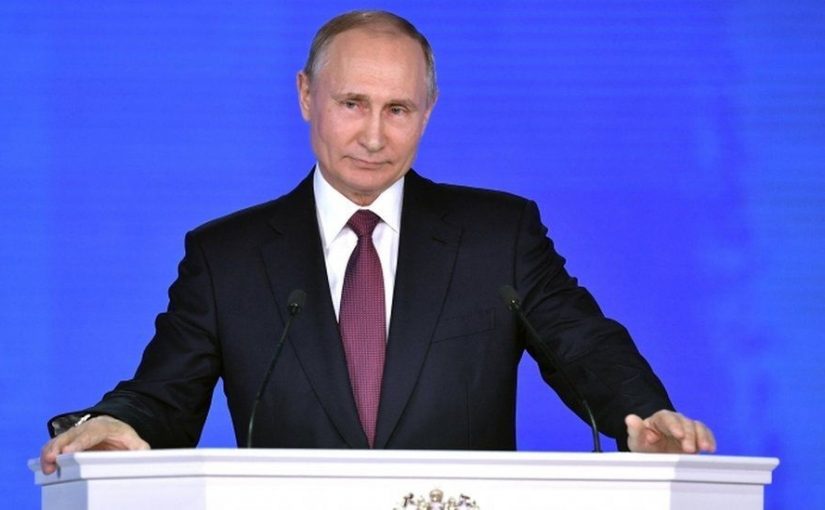
FILE - Russia's president was due to give his annual state of the nation address on Wednesday. [File photo: Alexei Niolski / Sputnik]
- Lawyer Lyubov Sobol is among those detained by police on Wednesday morning
Russian police detained close allies of jailed Kremlin critic Alexei Navalny and carried out searches in over a dozen places, his supporters said on Wednesday, hours ahead of nationwide protests calling for his release
According to Vladimir Voronin, a lawyer for Navalny’s Anti-Corruption Foundation, his colleague Lyubol Sobol was pulled out of a taxi in central Moscow on Wednesday morning by police officers. He added that she is currently being held in a police van.
“This is a well-known dirty trick: as long as a person is on the bus, their detention time doesn’t start,” he added.
Navalny’s spokeswoman Kira Yarmish, who has been under house arrest since late January, was also arrested, while on an authorised trip to the store, according to Leonid Volkov, Navalny’s right-hand man.
The OVD-Info NGO also reported that searches had been carried out in premises linked to Navalny and his foundation in at least 20 Russian cities.
It comes just hours before protests are scheduled to take place in about 77 cities across the country calling for the release of the opposition figure amid fears over his health. President Vladimir Putin will also deliver his annual state of the nation address on Wednesday.
The Interior Ministry in a statement urged Russians not to take part in unauthorised rallies, citing coronavirus risks and alleging that some “destructive-minded” participants might provoke unrest.
Kremlin spokesman Dmitry Peskov said police will treat any unauthorised protests as illegal. In the past, security forces have violently broken up demonstrations.
Navalny’s team says his health is deteriorating severely during a hunger strike. The Kremlin critic’s lawyer has called for him to be transferred to a Moscow hospital amid concerns for his health.
The 44-year-old has been on a hunger strike for three weeks and was transferred from a prison east of Moscow to a prison hospital in Vladimir on Sunday.
Navalny ‘very weak’
His associates say his condition has dramatically worsened in recent days.
“He is very weak, he has difficulty sitting up and talking,” his lawyer Olga Mikhailova told reporters.
“[He is] not receiving proper medical help”, she added and demanded his “transfer to a civilian hospital” in the Russian capital.
But on Tuesday, several doctors including Navalny’s personal physician say they were turned away from the prison hospital entrance.
Dr Anastasia Vasilyeva said they were denied entry after waiting for hours outside the gates.
Navalny began his hunger strike on March 31 to protest against the prison officials’ refusal to let his doctors visit him and provide adequate treatment for his back pains and numbness in his legs.
Russia’s penitentiary service insists that Navalny was getting all the medical help he needs and has described his condition as “satisfactory”.
International condemnation
But relatives of the Kremlin critic have warned that he could die at any moment, comments which have drawn international condemnation.
German Chancellor Angela Merkel has said is “extremely concerned” and that the German government was “working to ensure that he receives proper medical care”.
Navalny was arrested in January upon his return from Germany, where he had spent five months recovering from a nerve agent poisoning he blames on the Kremlin, an accusation Russian officials have rejected.
A Moscow court ordered him to serve 2 and 1/2 years in prison on a 2014 fraud charge, widely seen as politically motivated. The European Court of Human Rights has described his conviction as “arbitrary and manifestly unreasonable”.
His arrest triggered the biggest protests seen across Russia in recent years
But Moscow has warned that it will not allow any “destabilisation” and will take “all necessary measures” against the planned demonstrations.
Russian authorities, meanwhile, have escalated their crackdown on Navalny’s supporters, by asking a court to brand his Foundation for Fighting Corruption as an extremist organisation.
The Moscow prosecutor’s office on Tuesday detailed the accusations against Navalny’s organisations, saying it had collected proof of their alleged efforts to “destabilise the social and political situation in the country by calls for violence, extremist activities and mass riots” on behalf of unspecified “foreign centres” seeking to overthrow the Russian government.
Navalny’s associates rejected and derided the charges.
Ukraine tensions
The protests will be held amid rising tensions over a Russian troops buildup near Ukraine.
Russia insisted on Tuesday that it has the right to restrict foreign naval ships’ movement off Crimea.
Ukraine last week protested the Russian move to close broad areas of the Black Sea near Crimea to foreign navy ships and state vessels until November.
The US also aired its concern on Monday, with State Department spokesman Ned Price saying “this represents yet another unprovoked escalation in Moscow’s ongoing campaign to undermine and destabilise Ukraine.”
Price noted that the move “is particularly troubling amid credible reports of Russian troop buildup in occupied Crimea and around Ukraine’s borders.”
The European Union also voiced concern about the troop buildup and the navigation restrictions.


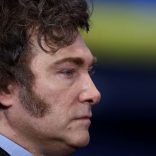


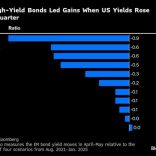
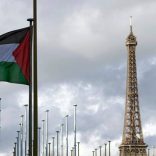
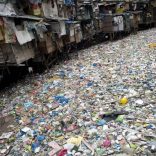





Leave a Reply
Be the First to Comment!
You must be logged in to post a comment.
You must be logged in to post a comment.